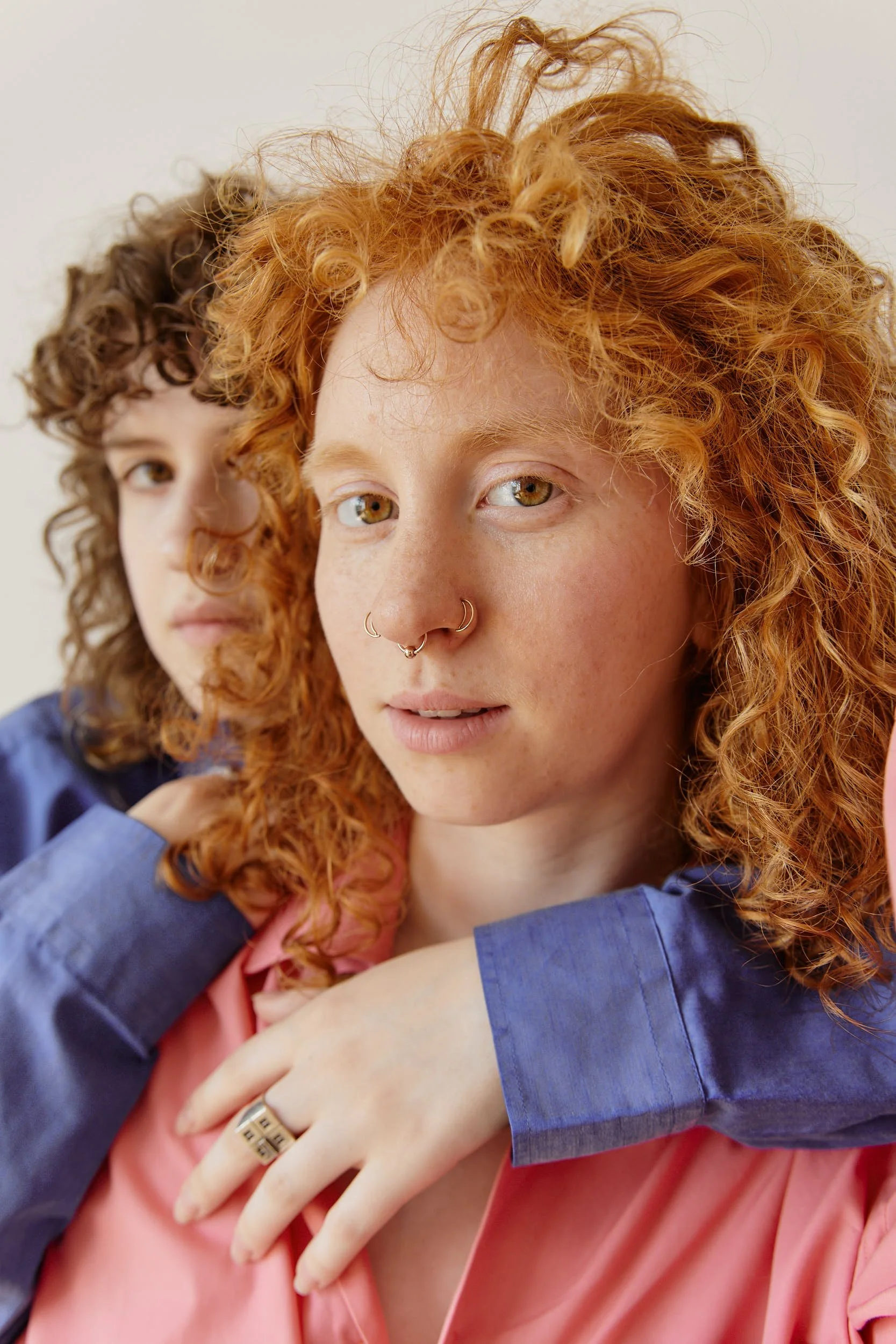‘The Scarcity of Positive Representation Distorts Reality’: Recognising Abuse in Lesbian Relationships
Anonymous
It always starts slow. A moment of uncertainty: here is where you falter.
You promised never to do this again – so you don’t. Don’t acknowledge the signs, don’t acknowledge the patterns. Don’t let yourself google the same questions you were asking yourself a year ago and don’t show your friends the messages.
This is not a love story.
Bringing her back to life; getting her through the year, again and again – she could have never done this without you. She’s sorry about how she acted, she’s never normally like this. Your friends ask why you didn’t go out with them. You say your train was delayed.
You were cracked open. You watched as someone else’s spirit slipped into all the gaps you hadn’t quite filled yet, not out of immaturity but out of naivety. Waiting for the spaces to grow into themselves but someone else got there first. The gap in your front teeth – are they your words or hers? Sometimes you can still taste them. You don’t have a gap in your teeth anymore.
Moments become hers. When you look back, a silent agreement falls away. You become a burden on her life, just for a moment, just for the night. She doesn’t need you anymore, for now. She knows you’ll wait. You always do.
You watch yourself fall away into another person, losing yourself to a series of ifs and buts and maybes. You watched in slow motion and from a distance as you contorted yourself. You gave away your whole self. You’re not sure if she asked you to, but you did it anyway.
It’s in the little things – the missed classes, the unwinding friendships, the interests that you’ve picked up because it makes sense. You can’t be alone because why would you be? You can’t make your own decisions because this is a partnership. Things that had consecrated themselves so deeply in your identity, in your very being, lose their importance and one day you look at yourself in the mirror and what you see isn’t a reflection of yourself but of your relationship.
In lesbian relationships, the scarcity of positive representation distorts reality. Our role models – namely Shane and Bette from The L Word – are serial cheaters, manipulators and drug addicts. It is so often a lack of healthy representation, a lack of positive WLW relationships in mainstream media, that makes it so hard to identify abuse. It is impossible to model a lesbian relationship based on heteronormativity or otherwise toxic (albeit entertaining) stereotypes. Power dynamics flow so inherently in our relationships that when you meet someone steady you veer off balance.
There have been times when I would have died for my lovers. There are times when I still would. But this doesn’t change the fact that what I and so many other people in lesbian relationships have experienced is a controlling and dangerous relationship dynamic that strips both parties of their identities and leaves us vulnerable and susceptible to emotional abuse.
Women are socialised to apologise. And apologise I have, time and time again, for taking up too much space in my relationships. For being a whole person, for asking my partners to engage with my entire self instead of the aspects that nurture their versions of me and of us. They liked the version of me that I was when I was us, but when I became me, the fantasy fell away.
To be a fragment of a shared daydream is hardly to be a person at all. In the lightness, in the fairytale, sits a sinister form of abuse that is hard to catch whilst it festers in the pit of the stomach. Something was off for a very long time, but it was impossible to recognise amidst the kisses and the laughs and the I love yous.
I had never felt this before, this was true, but I don’t think that that was a good thing anymore. I had never felt so unsafe in my own heart, with my own partner. I would have torn off my own skin just to appease her. It rotted from the inside out, from somewhere deep within the both of us, and once I had finally ripped open the pomegranate, I found the seeds had turned black.
Relationships come with a lot of different conditions. In the end, she begs you to stay. In some versions of the story, you do – at night you lie awake and watch a phantom self dancing with her in the dim glow of a kitchen you share. Your mind wanders to the good parts and the what ifs and the pure, gut-wrenching love you had felt for one another. You won’t forget it, but the next time you see her you might just feel nothing at all. The love you had was never a product of her – it was a product of you. Remember that none of it was a waste.
One of the scariest things about ending a relationship is not knowing whether it is the right thing. That it is the right thing is often the scarier part.

